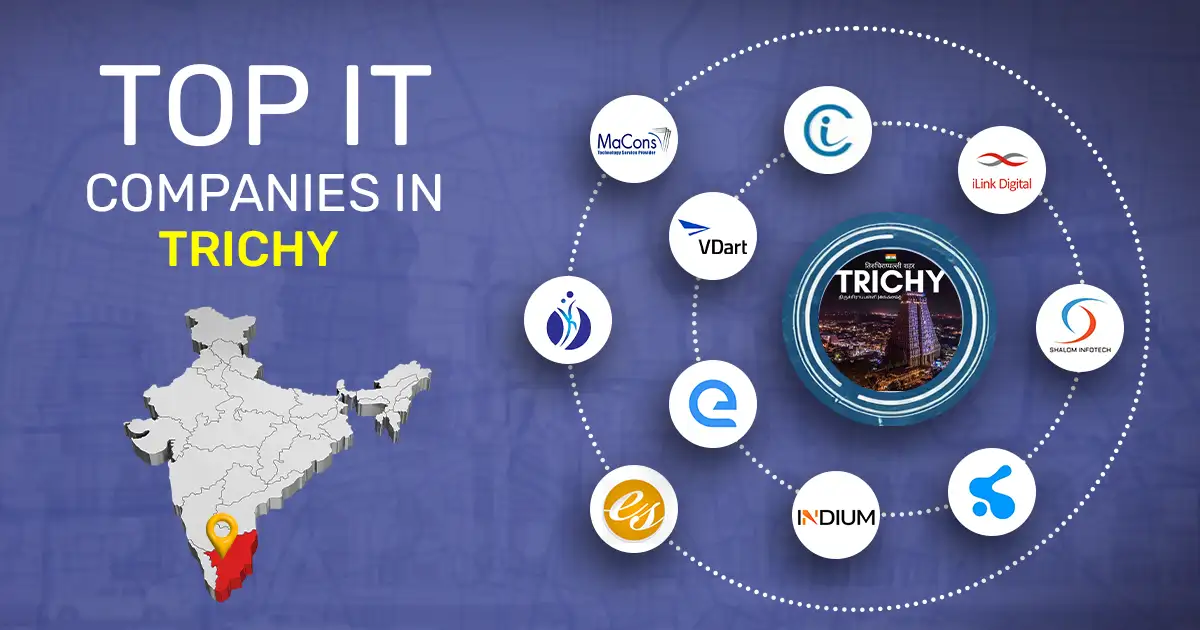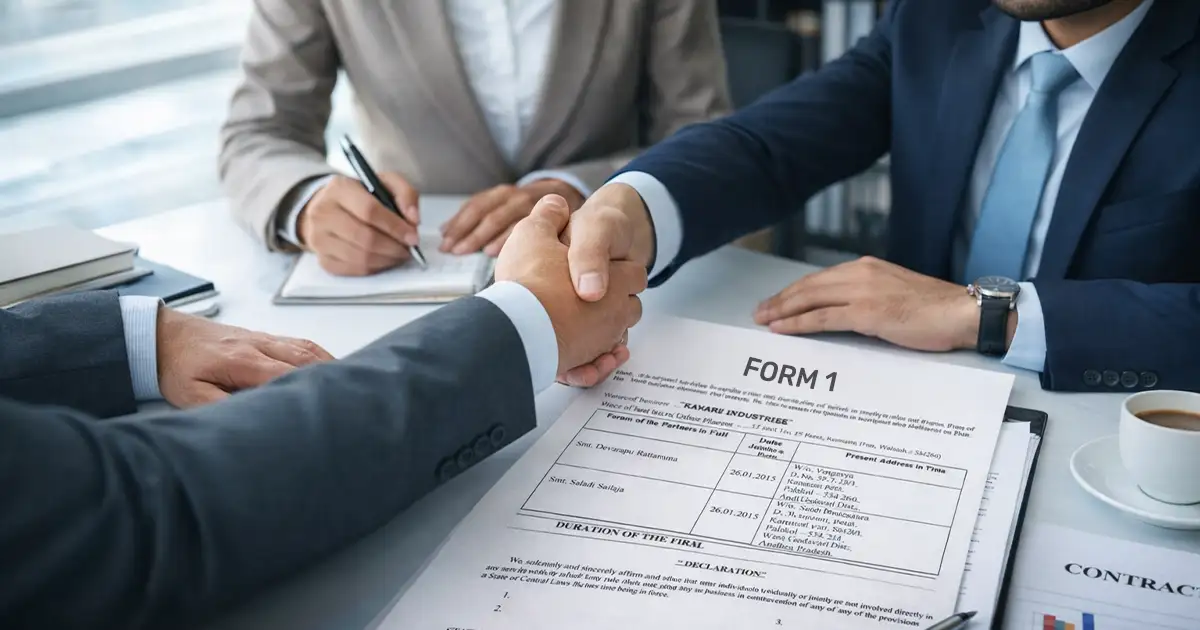
Introduction:
Imagine walking into a cozy, warm cafe with the enticing aroma of freshly brewed coffee filling the air. The soft chatter of patrons, the laughter of friends, and the calm atmosphere—it’s the perfect spot to relax or work. If this is the dream you want to make a reality, to start a cafe business could be the perfect venture for you.
But how to start a cafe business successfully? It’s not just about brewing the perfect cup of coffee; there are many other elements you need to consider. From drafting a coffee shop business plan, calculating cafe startup costs, acquiring the necessary licenses like the FSSAI license for cafes, and choosing the best location for cafes, every step is crucial.
In this detailed guide, we will walk you through the entire process, covering market research, financial planning, setting up, branding, and marketing strategies for cafes. You’ll also discover common mistakes to avoid while starting your cafe business.
Let’s get started on your exciting journey to owning a cafe!
Why Start a Cafe Business?
1. The Growing Demand for Cafes in India
The Indian coffee industry is experiencing rapid growth, with an expected market size of INR 454.35 billion by 2028. The rising preference for specialty coffee, a growing urban population, and the trend of cafes becoming social hubs are creating a lucrative opportunity for aspiring entrepreneurs.
- High Demand: Coffee consumption in India has increased by 15% in the last five years.
- Flexible Business Models: Whether you want a small kiosk or a large café, there’s a model that suits your budget.
- Loyal Customer Base: With the right ambiance and quality products, cafes can build strong, loyal communities.
2. A Thriving Industry
To Start a cafe business offers you the opportunity to be part of a booming industry, with coffee being one of the most beloved beverages worldwide. Offering a combination of coffee, snacks, and a relaxed environment can attract a diverse range of customers.
Market Research and Business Planning for a Cafe
Before you dive into the practical aspects of running a cafe, a solid business plan and market research are necessary. This helps you understand customer behavior, your competitors, and the latest trends in the cafe business.
Key Steps in Market Research
1. Identify Your Target Audience
Understanding your customer is key to tailoring your services. Who will you be serving—students, young professionals, or families? The answer will shape your menu, ambiance, and even your marketing strategies.
2. Analyze Competitors
Understanding your competitors’ strengths and weaknesses can give you a competitive edge. Visit nearby cafes, assess their prices, quality of service, menu variety, and atmosphere. Look for any gaps you can fill.
3. Select the Best Location for Cafes
Location is a crucial factor in the success of any cafe. Whether it’s a bustling business district, a student hotspot near a college, or a mall, ensure you’re in an area with high footfall. The visibility of your cafe directly affects how many customers walk through your door.
4. Keep Up with Industry Trends
To keep your customers coming back, you need to stay on top of trends. Consider offering specialty coffee options, vegan menus, and a social media-friendly space. Innovation helps differentiate your cafe from others.
Step-by-Step Guide to Start a Cafe Business
1. Choose Your Cafe Concept & Theme
Will your cafe be a takeaway, a cozy boutique coffee shop, or a full-fledged cafe with a wide menu? Deciding on a theme is essential to establishing your brand identity. Some examples include:
- Specialty coffee cafes
- Minimalist modern cafes
- Vintage-style cafes
- Pet-friendly cafes
2. Register Your Business
When figuring out how to start a cafe business, registering your company is a crucial step. Depending on your business structure, you can register as a sole proprietorship, partnership, or private limited company. Registration not only provides legal protection but also enables you to open a bank account and apply for loans if necessary.
3. Obtain Necessary Licenses and Permits
- FSSAI License for Cafe: This license ensures that your food business meets health and safety standards.
- Shop and Establishment Act License: Needed for businesses operating in a physical space.
- GST Registration: If your annual turnover exceeds INR 20 lakhs.
- Fire Safety Certificate: Required for safety and compliance.
- Health Trade License: This license ensures that your cafe adheres to hygiene standards.
Read blog: An Overview of GST Registration
4. Select a Strategic Location
Consider areas with high foot traffic such as business districts, malls, or educational institutions. Rent costs vary significantly depending on location, so it’s important to balance the location with your budget.
5. Design Your Menu & Source Ingredients
Partner with reliable suppliers for coffee beans, tea, and baked goods. Your menu should reflect your cafe’s concept and customer preferences. Offering unique drinks or food items can set you apart from competitors.
6. Set Up Your Cafe Space
Invest in high-quality furniture, décor, and equipment. Comfort is key in a cafe, and your space should encourage customers to stay longer. Include charging stations, comfortable seating, and a pleasant ambiance.
7. Hire & Train Staff
Hire experienced baristas and staff members who can provide excellent customer service. Provide training on hygiene standards, customer interaction, and drink preparation to ensure consistency and quality.
8. Implement a Marketing Strategy
- Social Media: Instagram and Facebook are excellent platforms for showcasing your cafe’s aesthetic, menu items, and ambiance.
- Loyalty Programs: Offering discounts or freebies to repeat customers can boost retention.
- Events & Collaborations: Partner with local businesses, artists, or musicians to host events and create buzz.
- Google My Business: Ensure that your cafe is listed on Google and appears in local searches.
Licenses and Permits Required for Running a Cafe
To operate legally, you need to obtain various licenses and permits. These licenses not only ensure compliance but also build trust with your customers.
- FSSAI License for Cafe: This is one of the most important licenses for food safety, ensuring that all your food and beverages meet hygiene standards.
- Shop and Establishment Act License: Issued by the local municipal corporation to regulate working conditions and timings.
- GST Registration: If your cafe’s turnover exceeds INR 20 lakhs, GST registration is mandatory.
- Fire Safety Certificate: Issued by the fire department, this certificate ensures that your cafe is safe from fire hazards.
- Health Trade License: Ensures that your cafe maintains cleanliness and food safety.
Budget and Investment Required for a Cafe Business
The costs to start a cafe business vary depending on the size, location, and concept. Here’s an estimate of the basic startup costs:
| Expense Category | Estimated Cost (INR) |
| Rent & Security Deposit | 3,00,000 – 10,00,000 |
| Cafe Interiors & Equipment | 5,00,000 – 15,00,000 |
| Staff Salaries | 1,50,000 – 3,00,000/month |
| Licenses & Permits | 50,000 – 1,00,000 |
| Initial Marketing Budget | 50,000 – 2,00,000 |
| Total Estimated Cost | 10,00,000 – 30,00,000 |
The budget may fluctuate depending on your cafe’s size, design, and location. Make sure to account for unexpected costs in your planning.
Marketing and Branding Strategies for Cafe Success
Creating a memorable brand and using effective marketing strategies can significantly increase foot traffic and customer loyalty.
1. Leverage Social Media
Social media platforms, especially Instagram, are powerful tools for showcasing your cafe. Post aesthetically pleasing images of your menu items and cozy spaces to attract customers. User-generated content can also help increase visibility.
2. Offer Loyalty Programs
Loyalty programs, such as discounts or a free drink after a certain number of visits, are a great way to retain customers and increase repeat business.
3. Host Events & Collaborations
Partnering with local businesses or artists can help bring new customers to your cafe. Host coffee tastings, open mic nights, or local art exhibitions to create buzz.
4. Optimize Google My Business
Ensure that your cafe appears in Google search results by optimizing your Google My Business listing. This increases visibility and drives traffic to your cafe.
Common Mistakes to Avoid When Starting a Cafe
- Choosing the Wrong Location: Location plays a significant role in a cafe’s success. Avoid areas with low foot traffic or high competition without proper differentiation.
- Ignoring Customer Experience: Excellent customer service and ambiance are as important as good coffee.
- Underestimating Startup Costs: Make sure you have enough funds for your initial investment and operational costs.
- Neglecting Marketing: A great cafe without a marketing strategy may remain unnoticed. Consistent promotion is key.
Conclusion: The Road to a Successful Cafe Business
Opening a cafe business is an exciting and rewarding venture. However, success requires careful planning, investment, and execution. By following a step-by-step approach, securing the right licenses (such as the FSSAI license for cafes), and implementing effective marketing strategies, you can set your cafe up for long-term success.
If you’re feeling overwhelmed by the process, RegisterKaro can simplify the legal and registration aspects for you. From obtaining your FSSAI license for cafes to GST filing and business registration, we’ll take care of the paperwork while you focus on serving excellent coffee.




